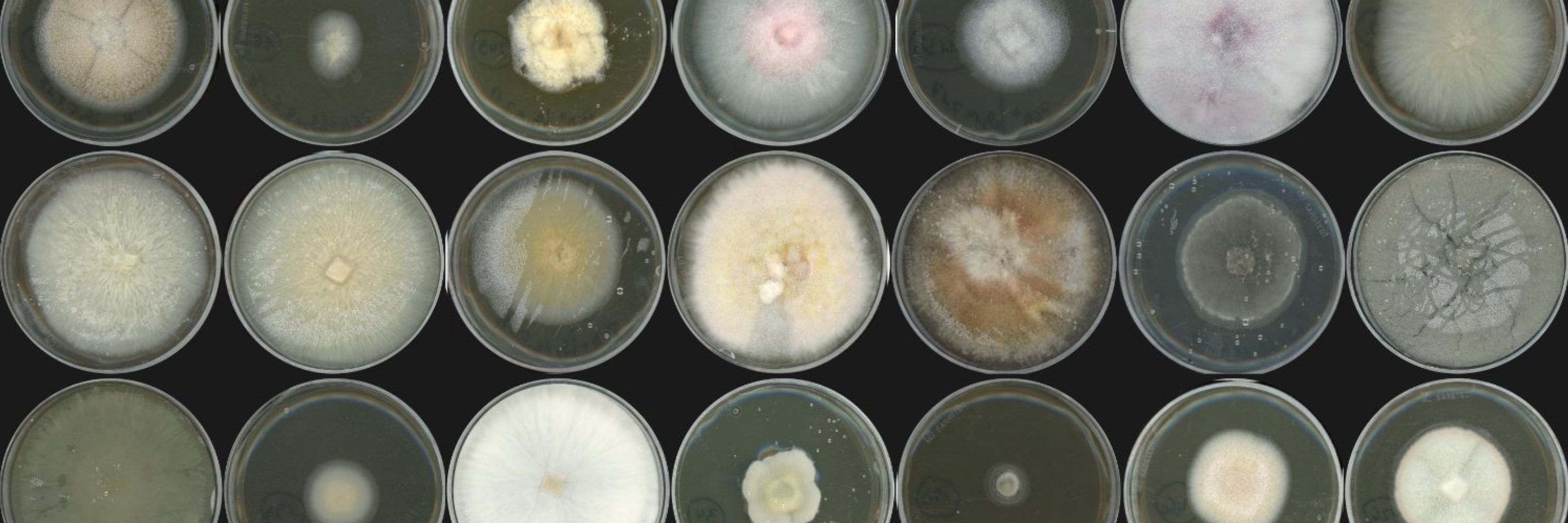
Fungal biology | Soil & plant microbiota | Ecology & evolution | Plant-microbe-microbe interactions | Genomics | ...



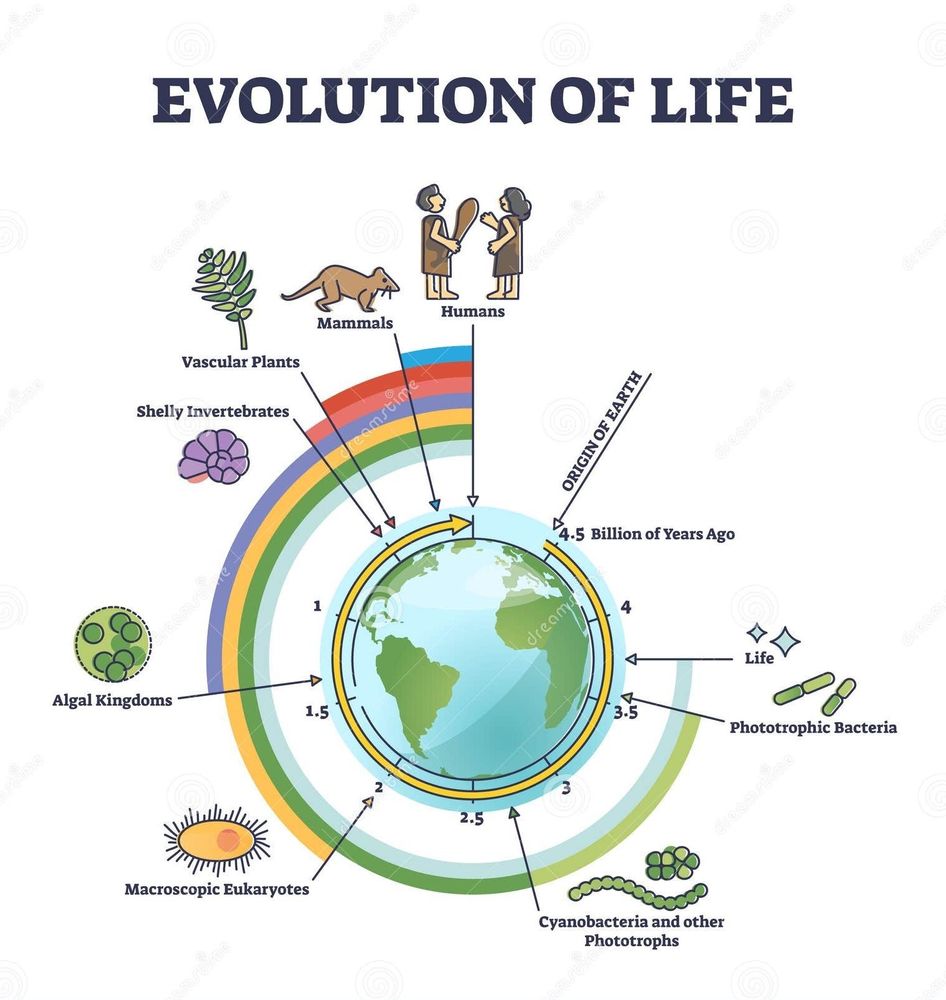



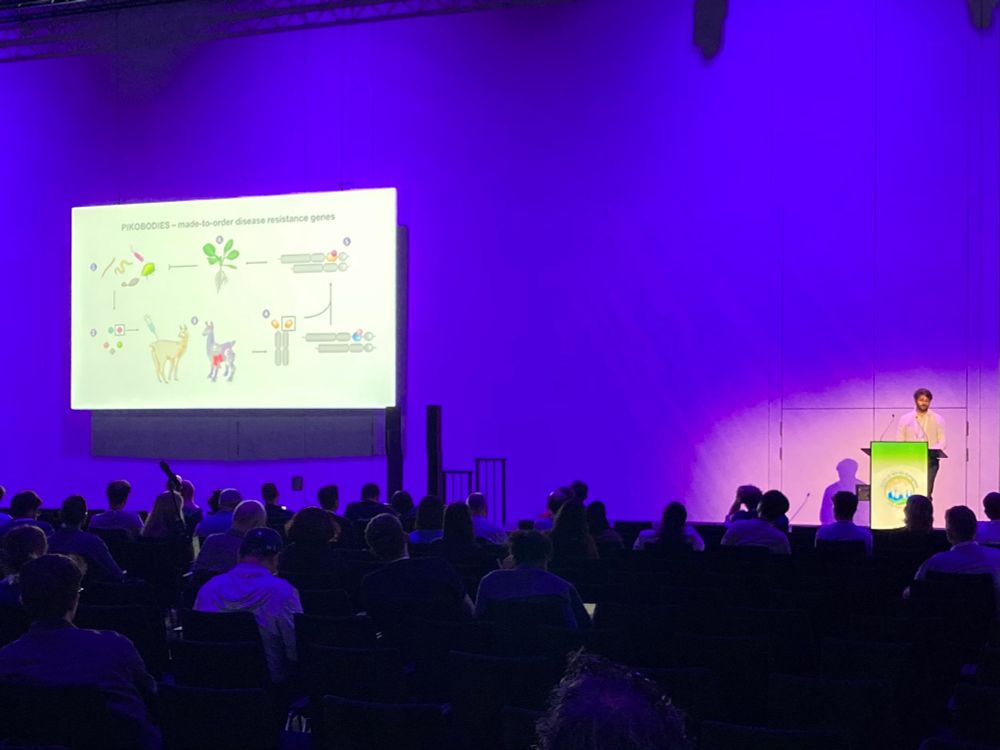
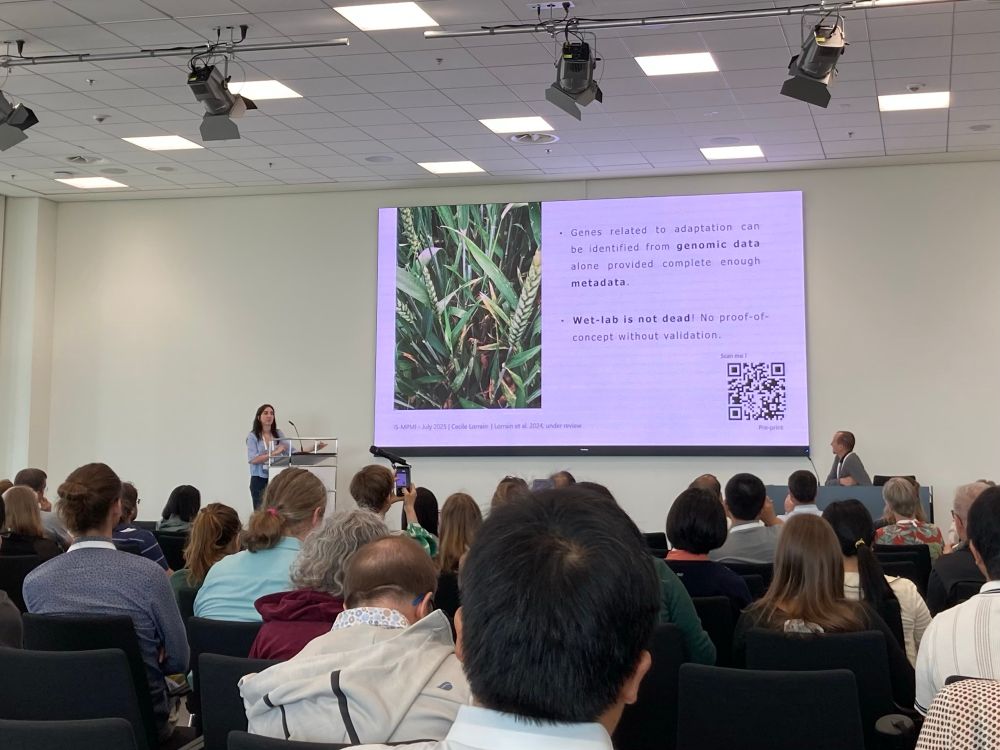
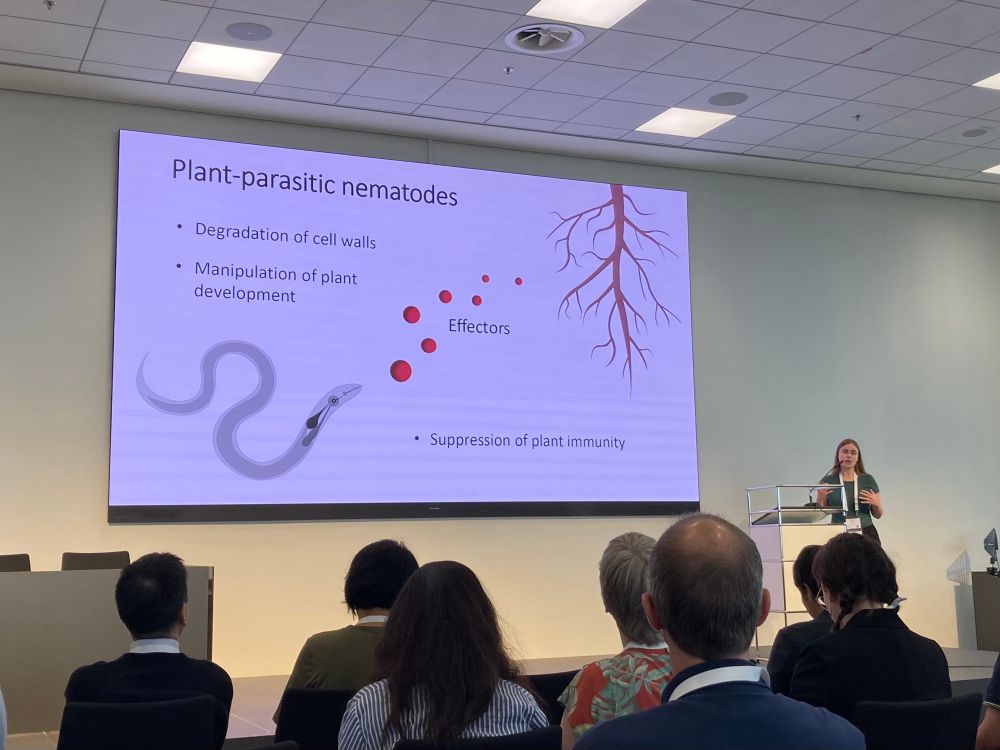
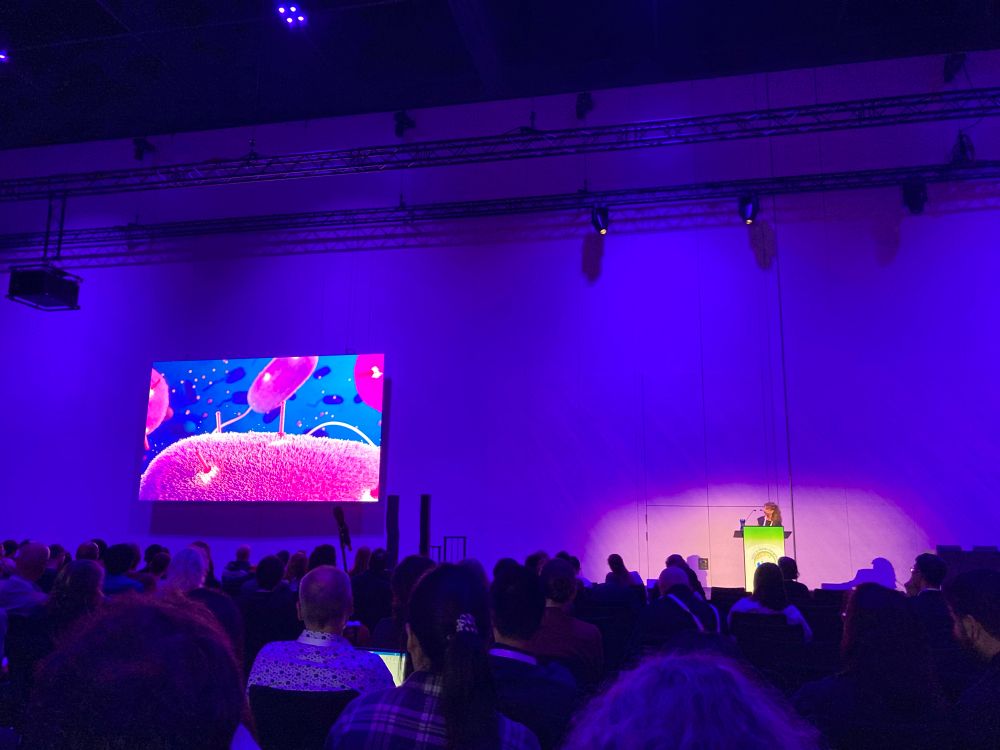
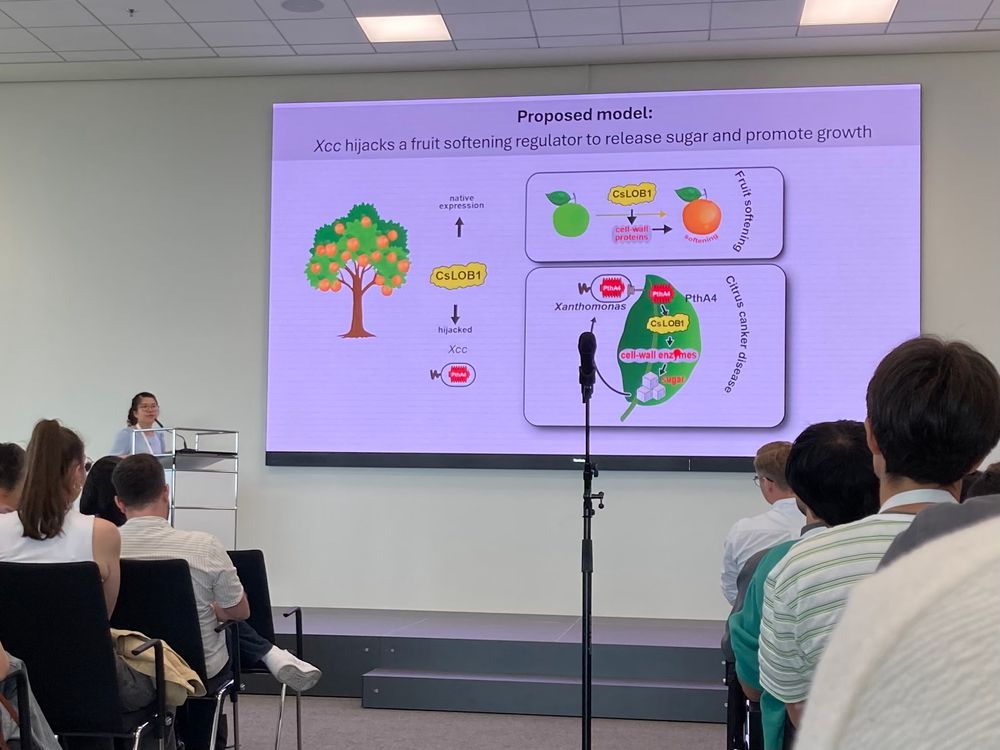
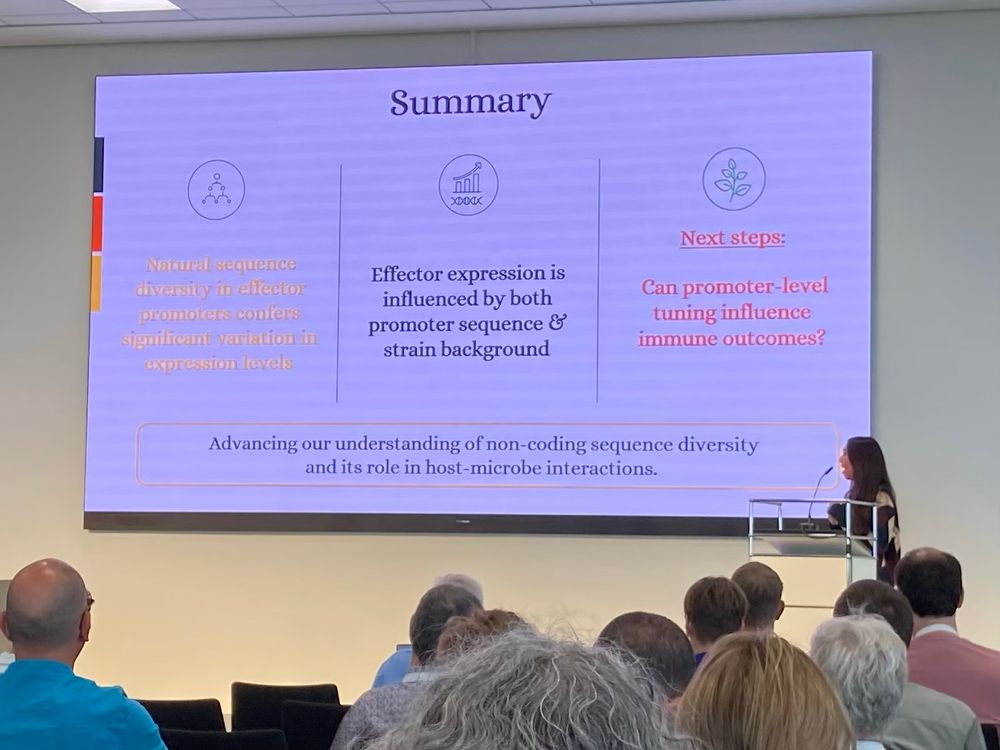
More research by @teamthomma.bsky.social at P-091, P-170, P-299, P-317, P-337 and P-388.
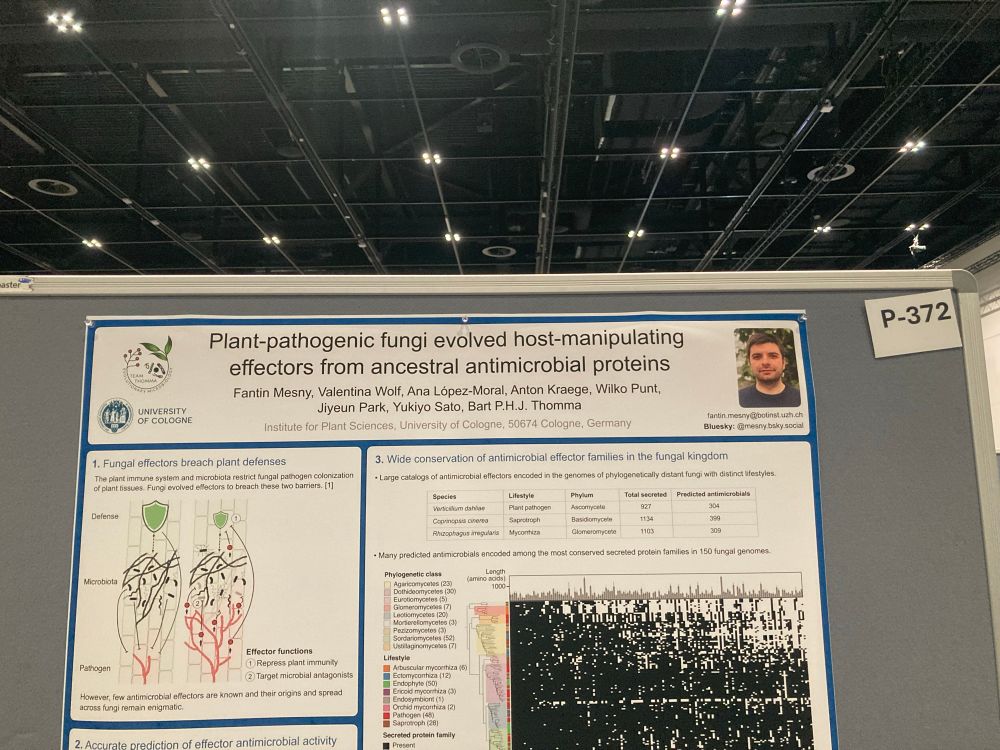
More research by @teamthomma.bsky.social at P-091, P-170, P-299, P-317, P-337 and P-388.
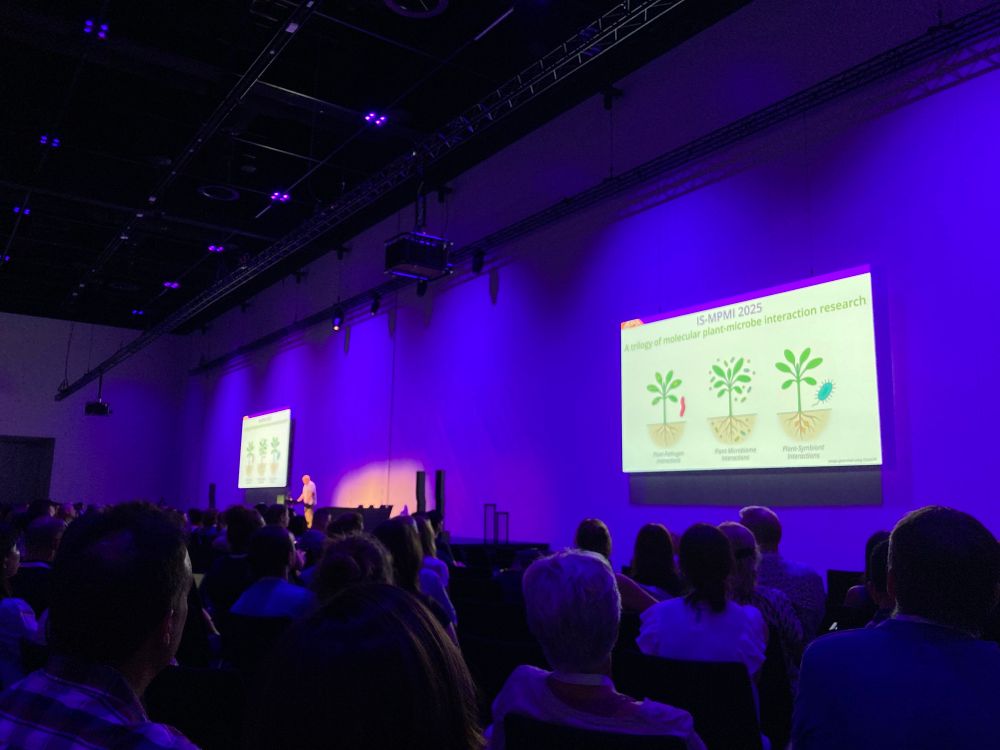
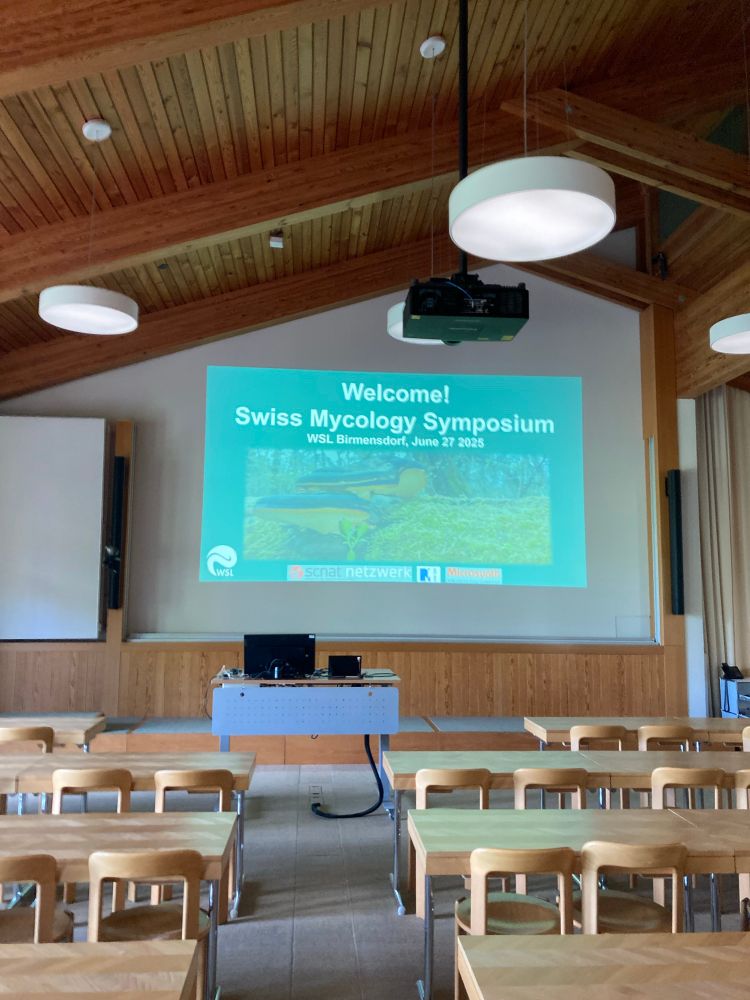
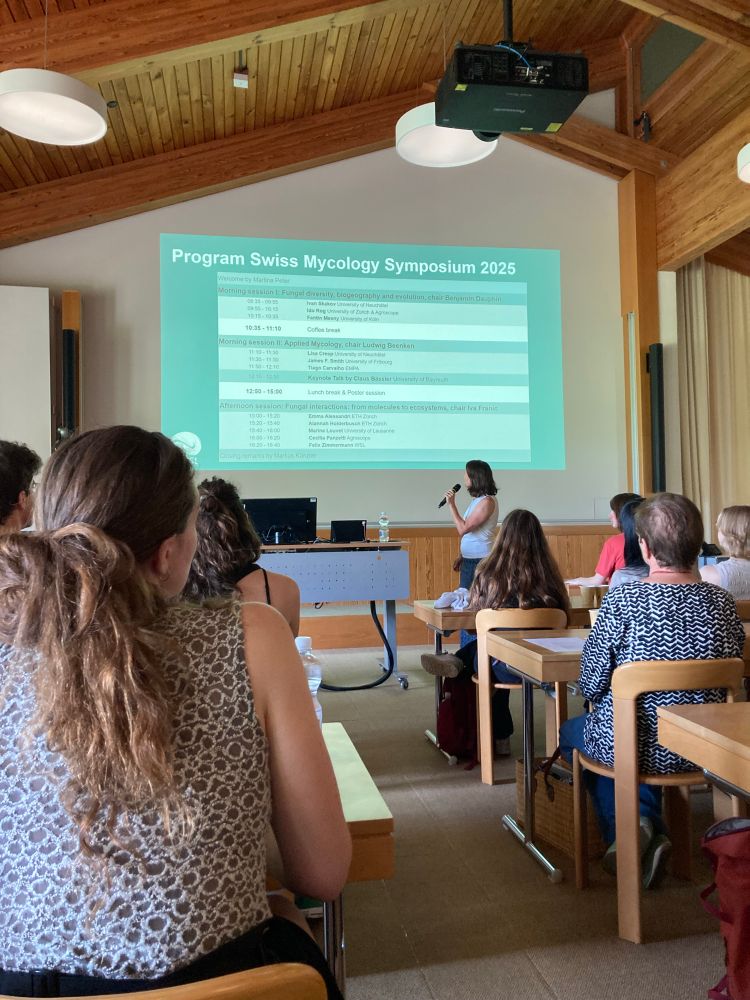
Impressive use of climate and satellite data to predict tree phenology, species distribution and canopy height!


Impressive use of climate and satellite data to predict tree phenology, species distribution and canopy height!
Heading to Zürich🇨🇭 where I will join the group of @mvanderheijden.bsky.social for my second post-doc.
I am very thankful for my time with @teamthomma.bsky.social at the University of Cologne. I learned a lot and cannot wait to share more of our findings soon.
So long Köln…

Heading to Zürich🇨🇭 where I will join the group of @mvanderheijden.bsky.social for my second post-doc.
I am very thankful for my time with @teamthomma.bsky.social at the University of Cologne. I learned a lot and cannot wait to share more of our findings soon.
So long Köln…
Impressive how his group used population genetics to decipher the sexual reproduction that results in truffles!


Impressive how his group used population genetics to decipher the sexual reproduction that results in truffles!
(Thanks Reviewer 1 for the hint)

(Thanks Reviewer 1 for the hint)

They have been reported in multiple phyla, and according to our predictions, they may be numerous in fungal secretomes.

They have been reported in multiple phyla, and according to our predictions, they may be numerous in fungal secretomes.
Fungal pathogens (in fact, not only fungi and not only pathogens!) manipulate the microbiota of their plant hosts during infection.
We reviewed the processes involved, focusing on effector proteins with selective antimicrobial activities.
www.sciencedirect.com/science/arti...

Fungal pathogens (in fact, not only fungi and not only pathogens!) manipulate the microbiota of their plant hosts during infection.
We reviewed the processes involved, focusing on effector proteins with selective antimicrobial activities.
www.sciencedirect.com/science/arti...
So thankful I got to be part of this!
The last two weeks were very insightful, inspiring and fun 🌱
Hoping that our group of ECRs will stay in touch and meet again!

So thankful I got to be part of this!
The last two weeks were very insightful, inspiring and fun 🌱
Hoping that our group of ECRs will stay in touch and meet again!
Great research and interesting discussions. Happy I could present my results about the evolution of fungal effectors with antimicrobial activity.



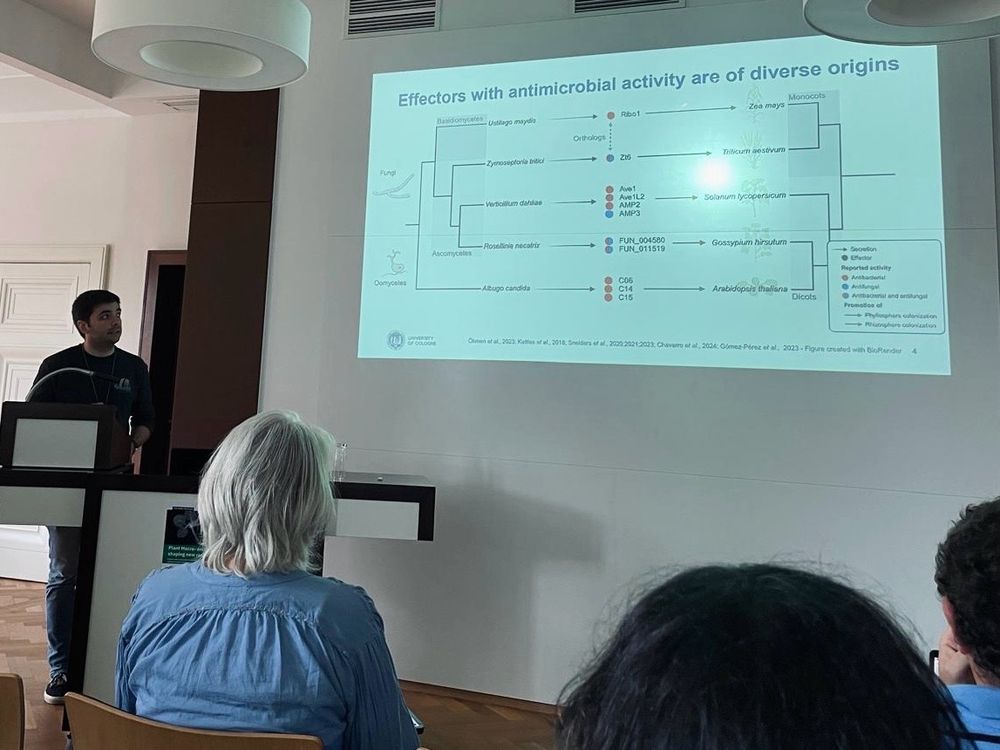
Great research and interesting discussions. Happy I could present my results about the evolution of fungal effectors with antimicrobial activity.

